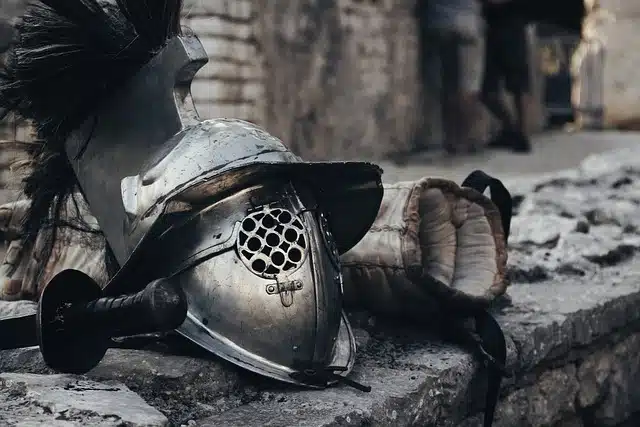
Historiology aims to explain historical events.
The theory of history is called historiology , with history being understood as the scientific discipline dedicated to the analysis and chronological narration of events that took place in the past . What historiology does is examine the rules and structure of historical reality.
Explain the story
Using various techniques to collect and study historical records, historiology seeks to explain the reasons behind the events that are part of the scope of history. To achieve its objective, it investigates the logic that caused the events to actually happen.
Historiology, therefore, resorts to a particular method to detect general causes and patterns in historical processes . Experts in this area, known as historiologists , carry out work linked to epistemology and philosophy .
Historiology is usually defined, in fact, as the epistemology of history . It was the Spanish philosopher José Ortega y Gasset who coined the term, highlighting that the analysis of past events is essential for human beings to understand their identity as a historical subject.
Origins
As we mentioned in the previous paragraph, we owe the origin of this term and the concept itself to the essayist and philosopher José Ortega y Gasset , who is recognized as the most important exponent of vital reason and perspectivism, among other merits that achieved in his prolific career. The first time he used this word took place in 1971, in his work titled History as a System .
Through his lines, Ortega y Gasset describes the human being as a subject immersed in history , who needs to study the events of the past to understand his present and to fully understand his own identity . Note that this need is not optional, but is in all of us as part of our essence. According to his theory of historiology, the data of history do not matter nor is it possible to understand them if we do not observe them in a way that we can analyze and describe them.
It is in this way that he comes to use the concept of epistemology, the branch of knowledge that focuses on the study of the origin , nature, scope, possibilities and foundations of science. Although in a strict sense they emerged independently, thanks to Ortega y Gasset's point of view they have become strongly linked.
History and historiography
It is important to be clear about the differences between history , historiology and historiography . History focuses on the study of past events; Historiology, on the other hand, is oriented towards the analysis of the causes that led to these events occurring. Historiography, finally, proposes how to describe the events.
As can be seen, history, historiology and historiography are intertwined and all are necessary for the understanding and narration of the past . Only with a thorough knowledge of the past can we understand the present and even glimpse the possible future.

Historiology adds to the study of data the study of historical context.
Importance
As we have seen, historiology is a relatively modern discipline, but this does not mean that its application has not previously occurred spontaneously or that its importance still needs to be proven. On the contrary, in all areas of life we can see that a cold and isolated analysis never accurately reflects reality.
Historical data are the fundamental building blocks of the recounting of the facts, but we cannot stop at this instance , where the motives and background are not mentioned. Many times, thanks to the study of these contextual elements, the story can acquire a completely different character.
